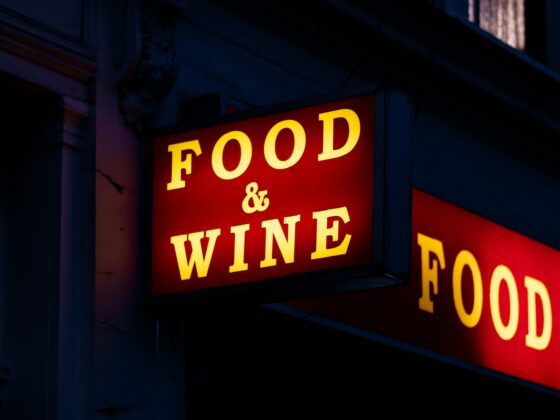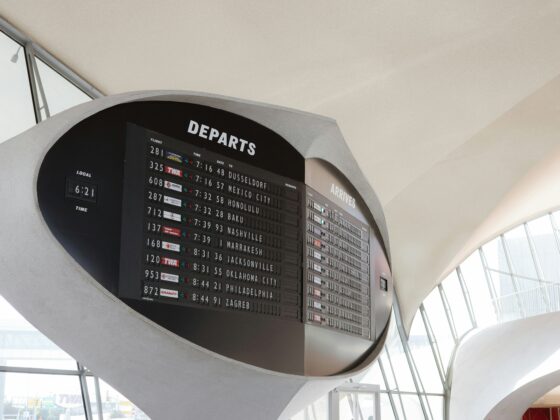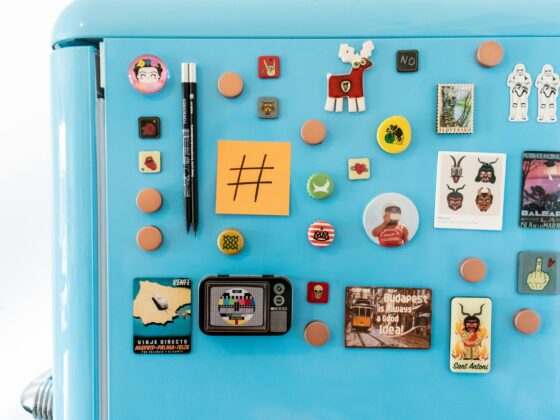AI kitchens, smaller plates, and carbon labels are helping the industry shrink its footprint — and its costs
Nov 12, 2025
Hotels are increasingly using AI systems, behavioral science, and creative waste-to-resource programs to tackle one of their biggest sustainability challenges: food waste. From smart bins that track discarded meals to smaller plates that change guest habits, these efforts are cutting emissions, saving money, and reshaping how kitchens operate.
Key takeaways
- AI-powered waste tracking: Systems like Winnow and eSmiley use cameras and smart scales to analyze discarded food and calculate related CO₂ emissions, helping chefs adjust menus and portion sizes.
- Significant emission source: Food waste contributes 8–10% of global emissions—almost three times the aviation industry—and makes up as much as 40% of a hotel’s carbon footprint.
- Behavioral design works: Studies show that smaller buffet plates and positive signage can reduce food waste by about 20%, without reducing guest satisfaction.
- Visible sustainability cues: Radisson’s carbon-labeled menus guide guests toward lower-impact dishes and encourage plant-based choices.
- Circular solutions: In Malaysia, black soldier fly larvae convert hotel waste into compost and animal feed, diverting millions of tons from landfills.
- Financial benefits: Waste-reduction systems quickly pay off—Hilton Vienna Park cut overproduction by 64%, saving $35,000 a year and avoiding 17.5 tons of emissions.
- Policy pressure rising: The EU now mandates food waste reduction as part of corporate decarbonization plans by 2030, making such innovations not just ethical but essential for compliance.
Get the full story at Skift (subscription required)









